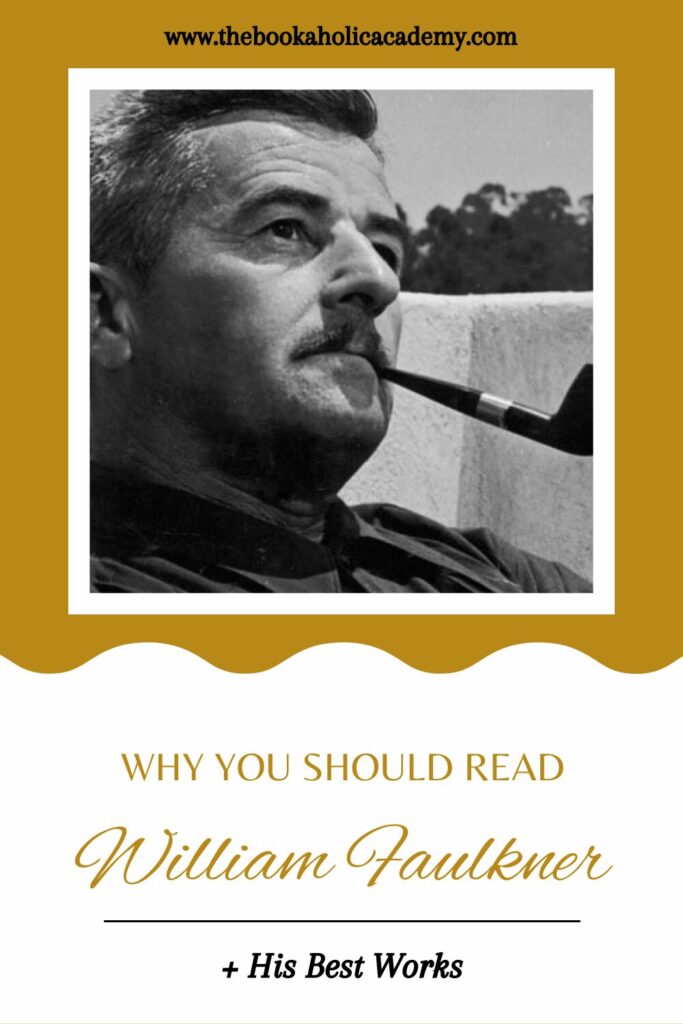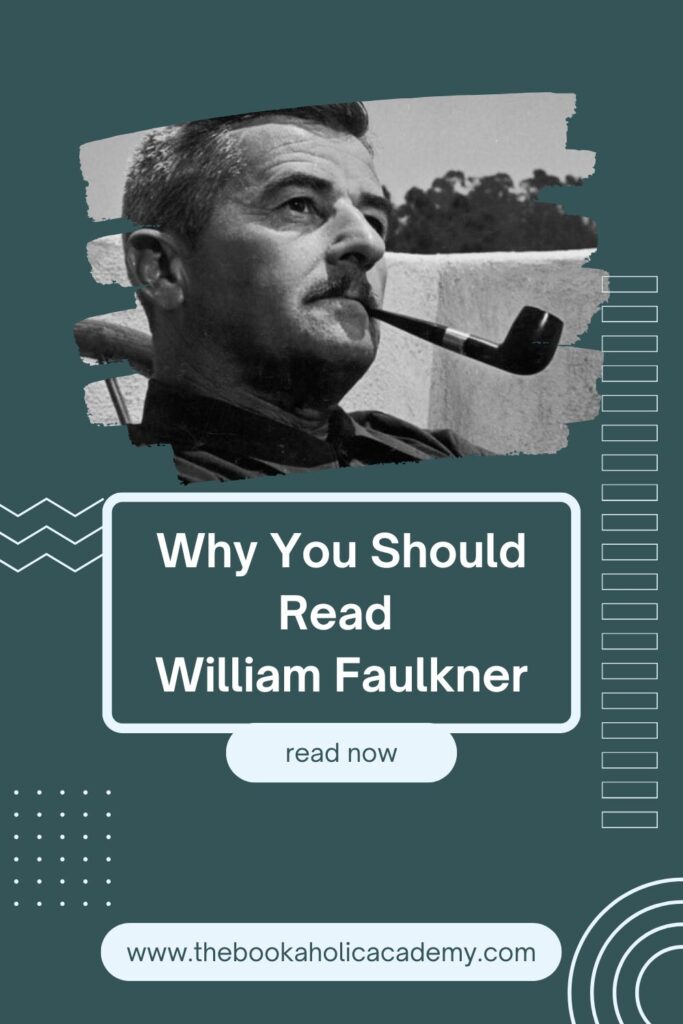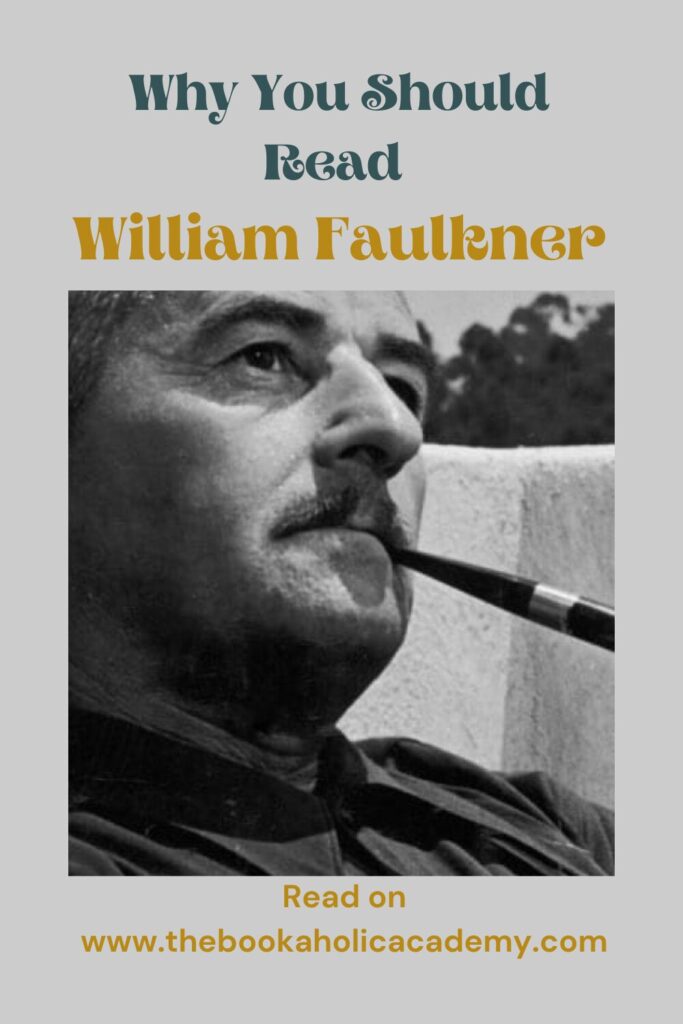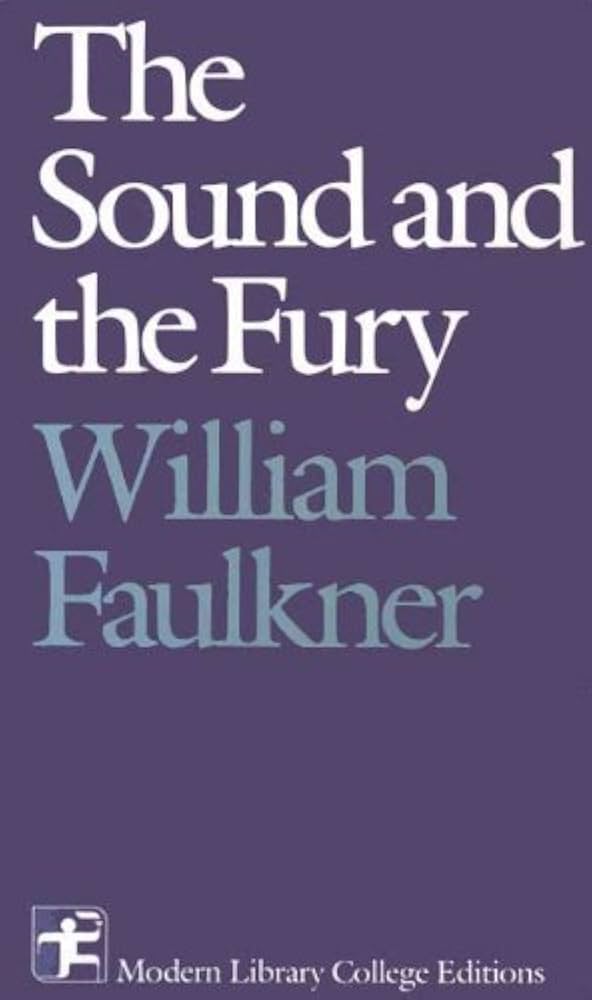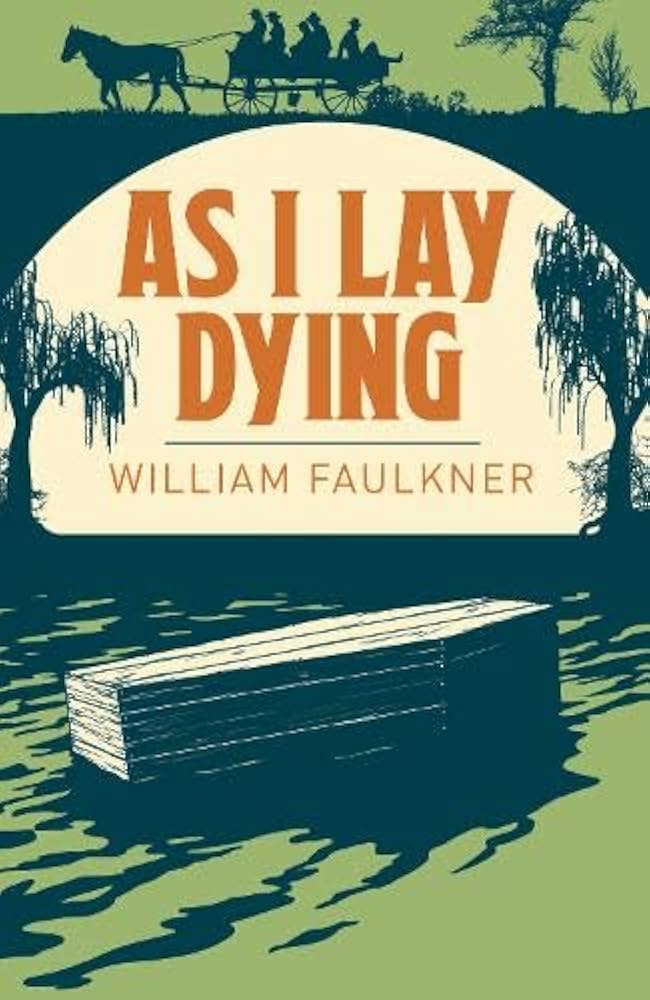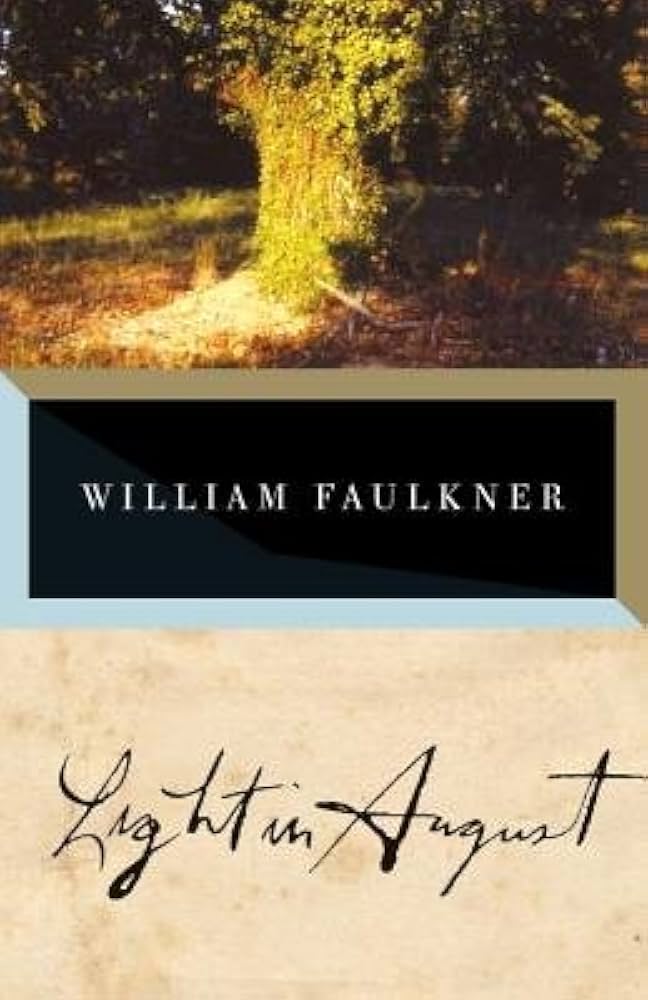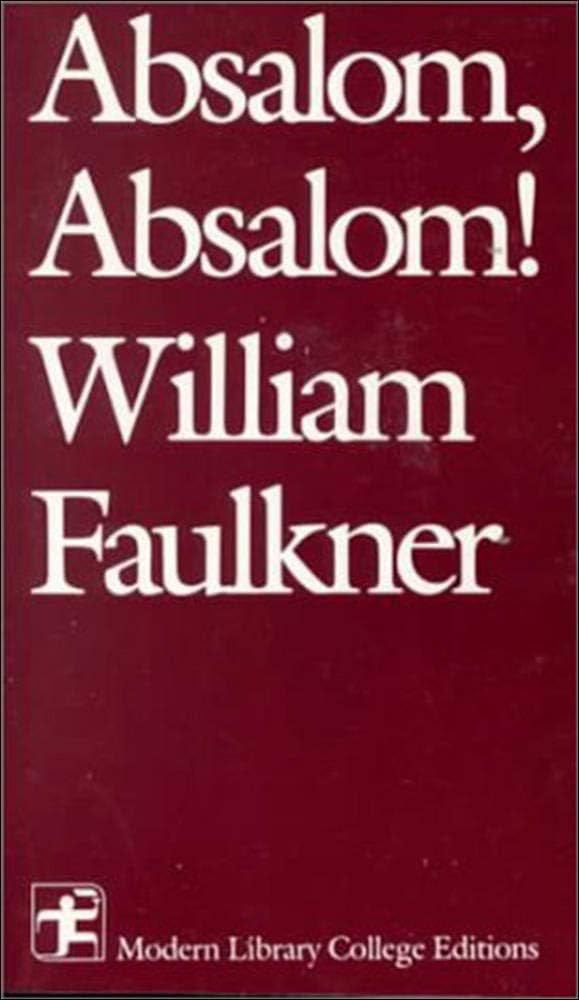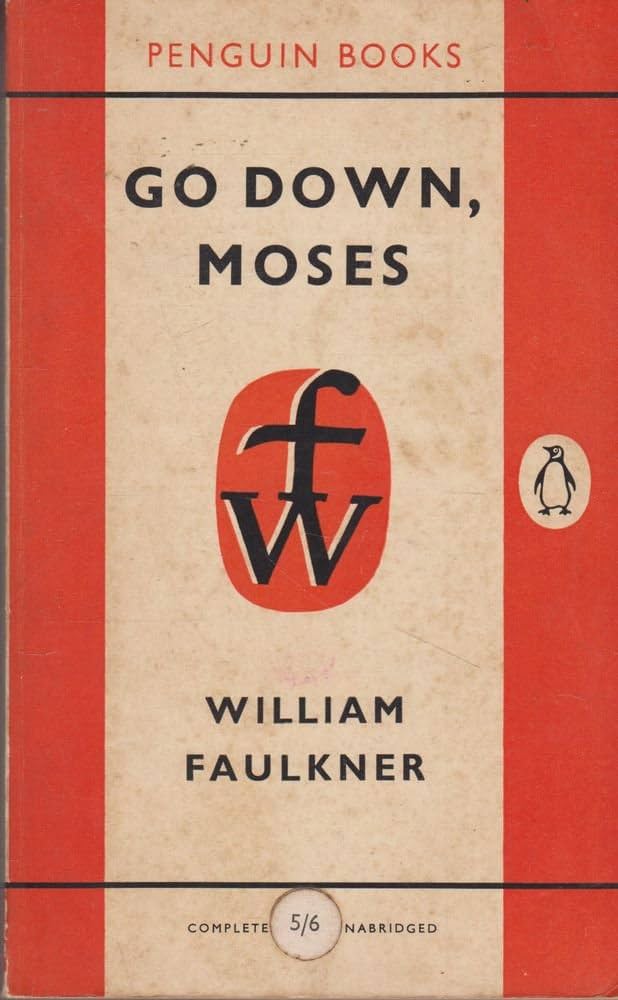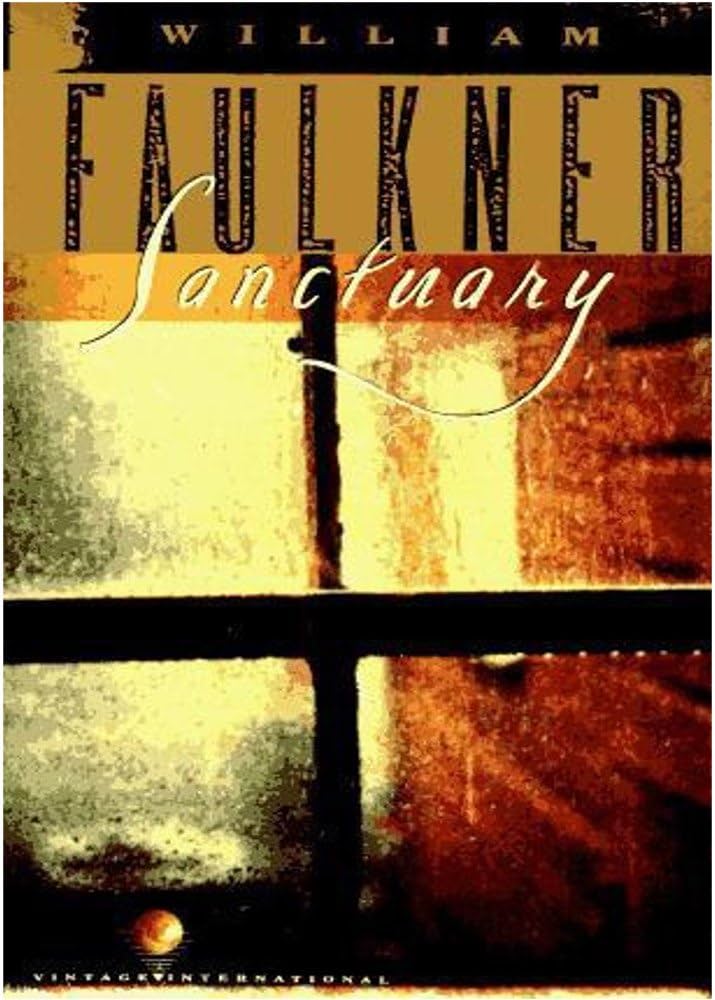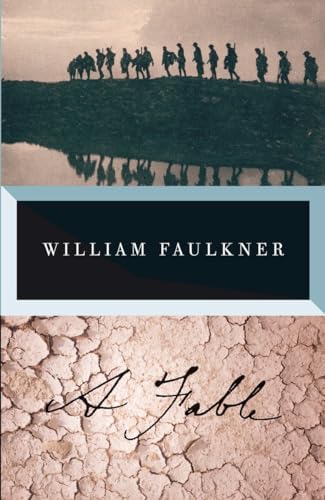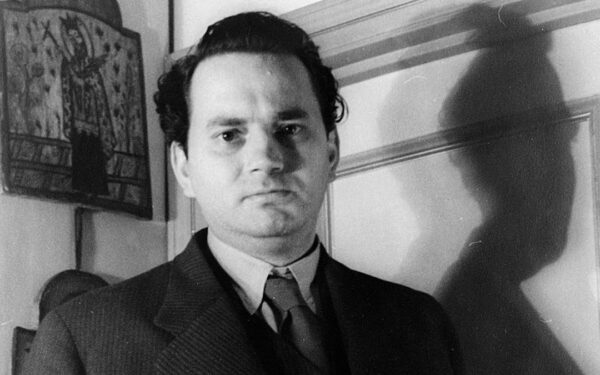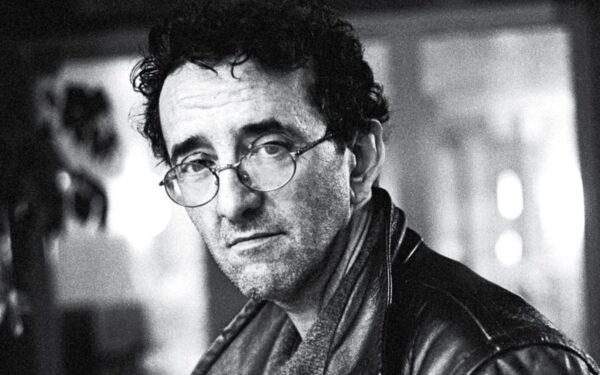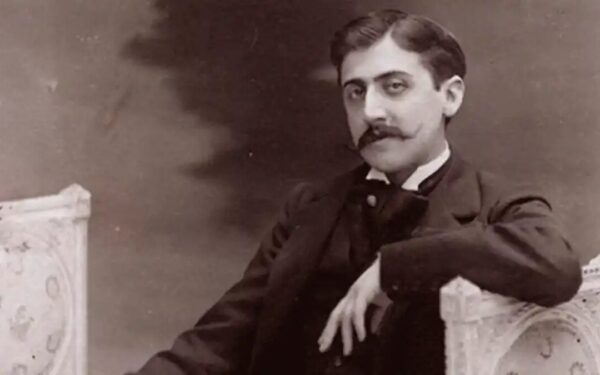Why You Should Read William Faulkner: His Best Novels
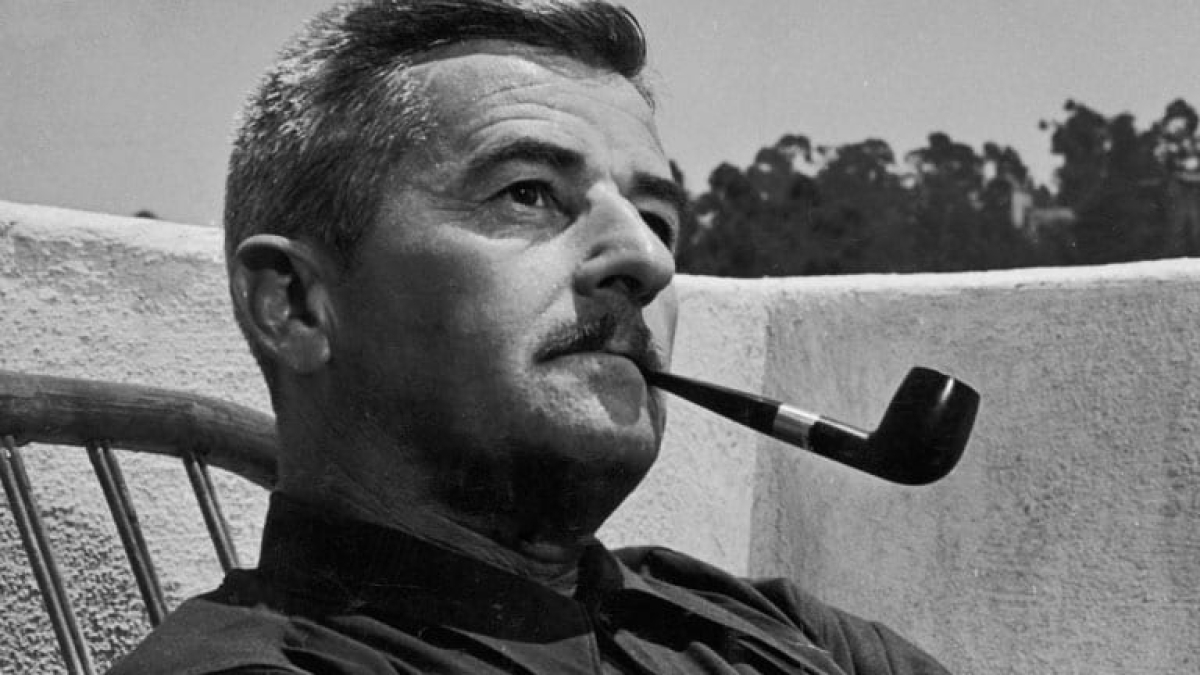
Disclaimer
This post may contain affiliate links. I will make a small commission if you make a purchase through one of these links, at no extra cost to you. See full disclosure and disclaimer policy HERE.
Let’s be honest: when you hear the name William Faulkner, you might picture some musty old library book, dense language, and a headache waiting to happen. But hold on—before you dismiss him as just another classic author you were forced to read in high school, let’s chat. Faulkner isn’t just another name in the literary canon; he’s a literary powerhouse who deserves your attention. Trust me, this guy’s got layers, and once you dive in, you’ll see why he’s worth your time.
Table of Contents
Who Was William Faulkner?
William Faulkner (1897–1962) was an American writer and one of the most influential novelists of the 20th century. Born in New Albany, Mississippi, and raised in Oxford, he is best known for his ground-breaking works set in the fictional Yoknapatawpha County, which explore themes of race, identity, and the struggles of the American South.
Faulkner’s experimental writing style, including stream-of-consciousness and non-linear narratives, made him a literary innovator. He won the Nobel Prize in Literature in 1949, as well as two Pulitzer Prizes for A Fable (1954) and The Reivers (1962).
Faulkner remains a towering figure in American literature for his ability to capture the complexities of human experience.
He Writes About the Human Condition Like No One Else
Faulkner doesn’t just tell stories; he digs into the messy, complicated, and sometimes downright uncomfortable parts of being human. His characters are flawed, raw, and often struggling against forces they don’t fully understand. Sound familiar? That’s because Faulkner gets what it means to be human.
And while his writing style might feel challenging at first, it’s all part of the experience. Faulkner forces you to slow down and really think about what’s going on beneath the surface. It’s like peeling back the layers of an onion—every tear you shed is worth it.
He Gives Voice to the Voiceless
Faulkner had this incredible ability to tell stories from perspectives you’d never expect. Sometimes it’s a mentally disabled man, other times it’s a dead woman. His use of multiple perspectives and stream-of-consciousness writing makes his work feel alive, like you’re sitting in on the thoughts of real people.
Why does this matter? Because Faulkner reminds us that everyone has a story worth telling, even those we might overlook. And isn’t that something we all need to remember in today’s fast-paced, scroll-happy world?
He Captures the Heart of the American South
Okay, so Faulkner’s not exactly painting a rosy picture of Southern life. But what he does do is capture its complexity—the beauty, the ugliness, the history, and the deep scars that still linger. His fictional Yoknapatawpha County (say that five times fast) is as rich and detailed as any real place, and it’s a lens through which he explores issues like race, class, and family dynamics.
Reading Faulkner is like stepping into a time machine. You get to see the South as it was, with all its contradictions and complexities, and it makes you think about how far we’ve come—and how far we still have to go.
RELATED:
American Classic Literature Books: A Journey Through Time
His Writing Style Is a Workout for Your Brain
Let’s not sugar-coat it: Faulkner’s writing can be challenging. He’s famous (or infamous) for his long, winding sentences and unconventional narrative structures. But here’s the thing—reading Faulkner isn’t about breezing through the pages. It’s about immersing yourself in the experience, like getting lost in a dense forest. Sure, you might trip over a few roots (or words) along the way, but the journey is half the fun.
Think of it like this: reading Faulkner is like going to the gym for your brain. It’s hard work, but it makes you stronger, sharper, and more empathetic. Plus, when you finally “get it,” the payoff is incredible.
Most Notable Novels
William Faulkner’s most notable novels showcase his innovative writing style and deep exploration of the human condition. Here are some of his most celebrated works:
The Sound and the Fury (1929)
A masterpiece of modernist literature, this novel uses stream-of-consciousness narration to tell the story of the tragic Compson family’s decline in the American South.
As I Lay Dying (1930)
A darkly humorous and poignant tale of the Bundren family’s journey to bury their matriarch. The novel is told through multiple narrators, including one who is deceased.
Light in August (1932)
This novel intertwines the stories of several characters in Yoknapatawpha County, addressing themes of identity, race, and alienation in the South.
Absalom, Absalom! (1936)
A complex and layered exploration of the rise and fall of the Sutpen dynasty, this novel delves into themes of ambition, pride, and the legacy of slavery.
Go Down, Moses (1942)
Technically a collection of interconnected stories, this work examines the tensions of race and humanity through the lives of the McCaslin family and their descendants.
Sanctuary (1931)
A gripping, controversial novel about crime, corruption, and morality in the South, featuring one of Faulkner’s most infamous characters, Popeye.
The Reivers (1962)
Faulkner’s final novel, a light-hearted and humorous story of a boy’s coming-of-age adventure, which earned him a Pulitzer Prize.
These works solidify Faulkner’s reputation as a literary genius and a key figure in American literature.
He’s a Literary Legend for a Reason
Faulkner won the Nobel Prize for Literature in 1949, and his works are studied in classrooms all over the world. But awards and accolades aside, Faulkner’s real magic is in his ability to make you feel something. Whether it’s heartbreak, anger, or awe, his stories stick with you long after you’ve turned the last page.
Conclusion
William Faulkner isn’t just a writer; he’s an experience. His works challenge you, move you, and make you see the world—and yourself—in a whole new light. Sure, he’s not the easiest read, but isn’t that the point?
The best things in life rarely come easy, and Faulkner is no exception. So grab a copy of one of his novels, take a deep breath, and dive in. You might just come out the other side a little wiser, a little more empathetic, and with a newfound appreciation for the power of storytelling.
FAQs
Did you like it? Pin this post for later!
